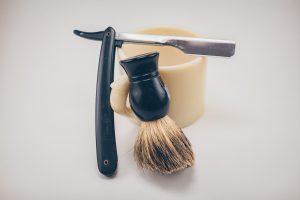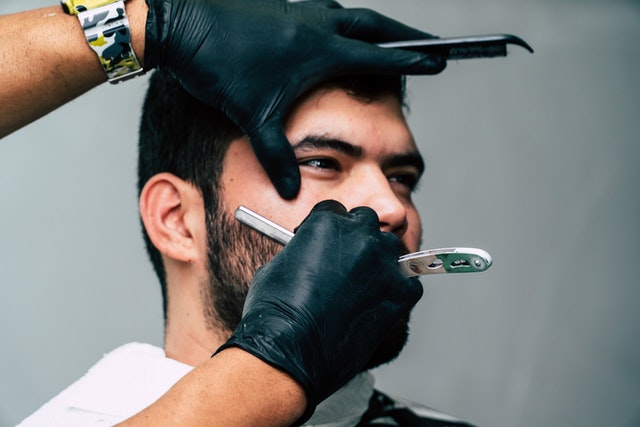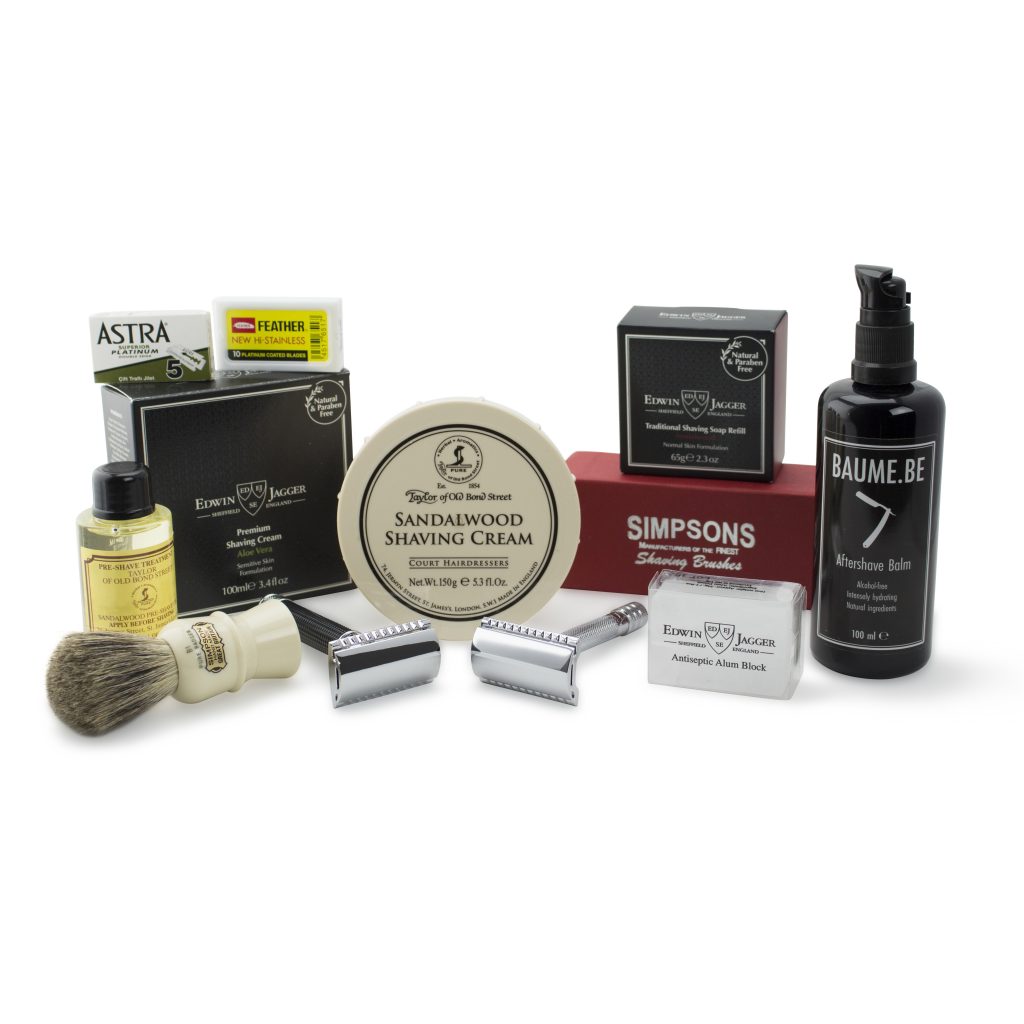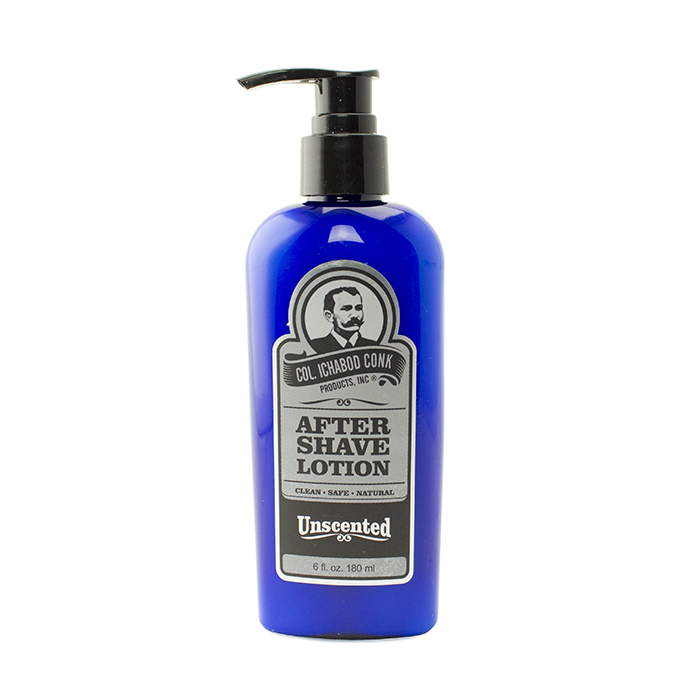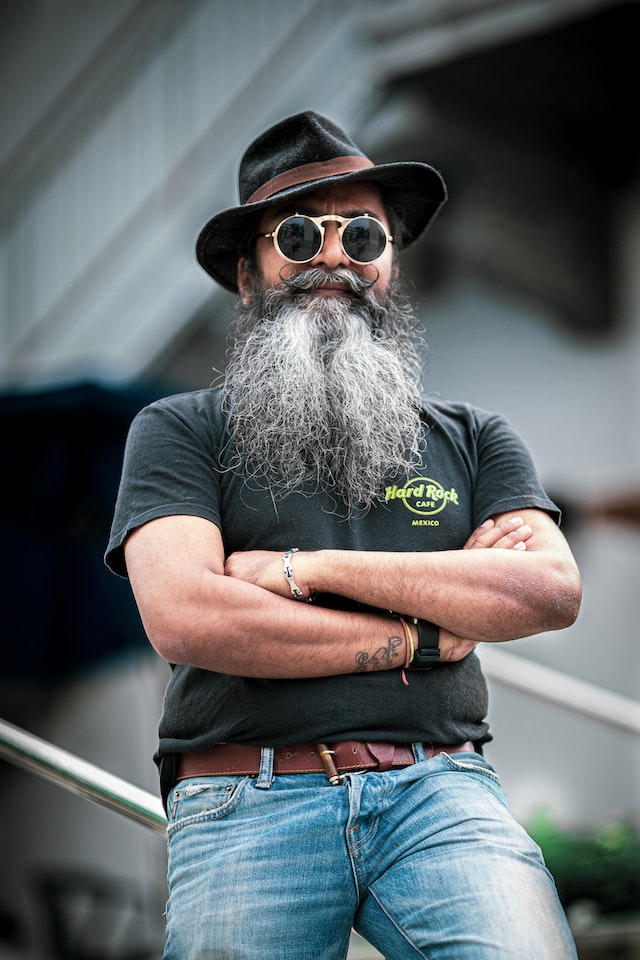
Men wear a beard for several reasons — one is to look masculine. While it makes you look manly and ruggedly handsome, maintaining facial hair requires intensive grooming, much like scalp hairs.
Are you noticing beard problems cropping up now and then? Do you see flakes or split ends? These are indications your fuzz needs extra loving and care. Here are prevalent signs your beard isn’t getting what it deserves.
Itchy and Red Skin
As your beard gets longer, it’s harder to reach the skin underneath when washing your face. What typically happens is instead of clearing away dirt, it gets trapped in the jaw and chin. Over time, oil combines with dirt and clog your pores. When hair follicles are blocked, it causes itchiness, redness, and sometimes acne.
Proper exfoliation can resolve this problem. It’s one healthy habit your beard will thank you for. Exfoliate your face fuzz like a boss in these four steps.
1. Wet your face with warm water.
2. Grab your go-to beard wash and create a lather.
3. Spread the shampoo to your mustache using a scrubber and gently brush the area.
4. Rinse and pat dry with a towel.
5. Apply beard oil or conditioner to hydrate the skin below.
Flakes or Dandruff
Men don’t get flakes on the scalp alone. The beard skin can also get dandruff, medically known as seborrheic dermatitis, leaving you feeling unhygienic. When yeast grows on the chin or jaw, the result is scaly and grainy skin.
Up to 40% of men experience beard dandruff. Proper beard care is vital to prevent this from happening. Otherwise, you’ll need to shave your beard away. Choosing a good shampoo is the easiest treatment method. Look for a variant with 1% ketoconazole, pyrithione zinc or selenium sulfide. These active ingredients have antifungal properties that kill and stop yeast growth on the skin.
Here’s how to achieve the best results by using antifungal shampoos.
1. While dry, apply enough shampoo to your beard. Ideally, do this a few minutes before showering.
2. Massage the shampoo thoroughly, making sure it reaches the skin. Use a beard scrubber if necessary.
3. Rinse it thoroughly. Ensure no residue is left on the skin. You can reapply the shampoo on wet skin if you want.
Dry and Brittle Hair
One of the signs of poor beard care is dry, brittle facial hair. Looking at them is as uncomfortable as having them. You can sometimes solve it by switching to another brand of beard wash, as your current product could be drying the hairs out or irritating the skin.
In other instances, dry and brittle hair can be caused by dehydration, overswimming and extreme weather.
Not drinking enough fluids can affect the skin under your facial hair. Meanwhile, pools and salt water have chlorine and salt drying to the hair. Lastly, extremely hot or cold weather makes your beard vulnerable to damage. Here are some solutions to this problem.
1. Swap to a different beard wash or shampoo. Consult a dermatologist if you need help picking out the right brands.
2. If swimming, coat a layer of beard oil first to protect your fuzz from harmful chemicals. When you leave the pool, wash and condition it by applying an oil or a balm.
3. If you live in an area with harsh weather conditions, moisturize your mustache frequently. Choose absorbent products so it doesn’t leave a sticky feeling.
Hair Loss and Patchy Beard
A patchy beard is most likely due to alopecia barbae — a condition related to alopecia areata — characterized by hair loss. In such a case, the immune system sees hair follicles as foreign objects needed to get rid of. As it attacks, the damage results in signs of hair loss, including patchiness, thinning and loosening of follicles.
Alopecia barbae is an auto-immune disorder with no cure but is treatable through medications and other means.
Corticosteroids are immune system suppressors injected or applied topically to the bald spot. You may see effects within one to two months after treatment.
Minoxidil is a topical cream used to treat baldness. It encourages hair growth.
Beard care is essential during treatment as these products can make your hair feel greasy. Blot your fuzz with a dry paper towel and use a gentle beard wash to combat this.
Split Ends
Split ends are a disheartening sight on your face after following the best beard care advice on the internet. Facial hair split ends make your beard look unkempt, dry and coarse.
The sebum produced by the sebaceous gland coats facial hair to retain moisture. Since the skin only secretes a limited amount, nourishing the beard is harder after it gets past a certain length. The ends can become dry and brittle, eventually followed by split ends.
Apart from this natural cause, using low-quality and harsh beard products and improper grooming habits can cause the problem. Unfortunately, split ends are not repairable. The only way to get rid of them is by trimming the broken hairs.
Prevention is key to side-step split-end problems. Here are some tips:
1. Use a gentle beard wash that doesn’t strip natural oil.
2. Moisturize it with beard oil or balm.
3. Brush your beard to maintain its shine.
4. Eat a balanced diet.
Positive Lifestyle for a Healthier Beard
The growth of facial hair is influenced by testosterone, a hormone dominant in men. If the body has less of it, the beard grows poorly.
A healthy lifestyle can help maintain an equilibrium in the body’s hormonal levels. Here are some tips.
- Diet: Good nutrition, including lean protein and zinc- and iron-dense food sources, like liver and nuts, can contribute to a healthy and fuller beard.
- Exercise: Physical activities promote blood flow, stimulating hair follicles.
- Sleep: The body produces testosterone mainly during sleep. Interrupted rest may disturb the process.
- Supplements: If you’re not getting adequate nutrients from food to support beard growth, talk to your doctor about oral supplementations.
- Regulate stress: High cortisol levels are a sign of hormonal imbalance that can affect your beard.
Effective Beard Care Combines Grooming Habits and Lifestyle
Your beard requires proper grooming to look its best. It means spending a few more minutes in the bathroom to apply oil and balm to nourish it. Be wise in choosing your beard products. It’s safer to pick brands with gentle and natural ingredients as they generally suit various skin types. Ask a dermatologist or beard expert if you need guidance in selecting the best items.
A positive lifestyle also affects its appearance. Exercising, getting enough shut-eye and eating nutritious foods can help maintain its glory naturally.
